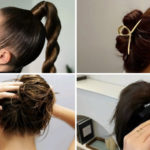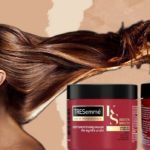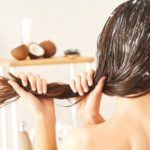The hair is a reflection of a person. Weak and falling hair can make you appear older. There are several reasons for hair breakage and loss, such as dry shampoo, a lack of proper nutrition, illnesses, and anemia. However, it can also be due to certain habits that affect the hair.
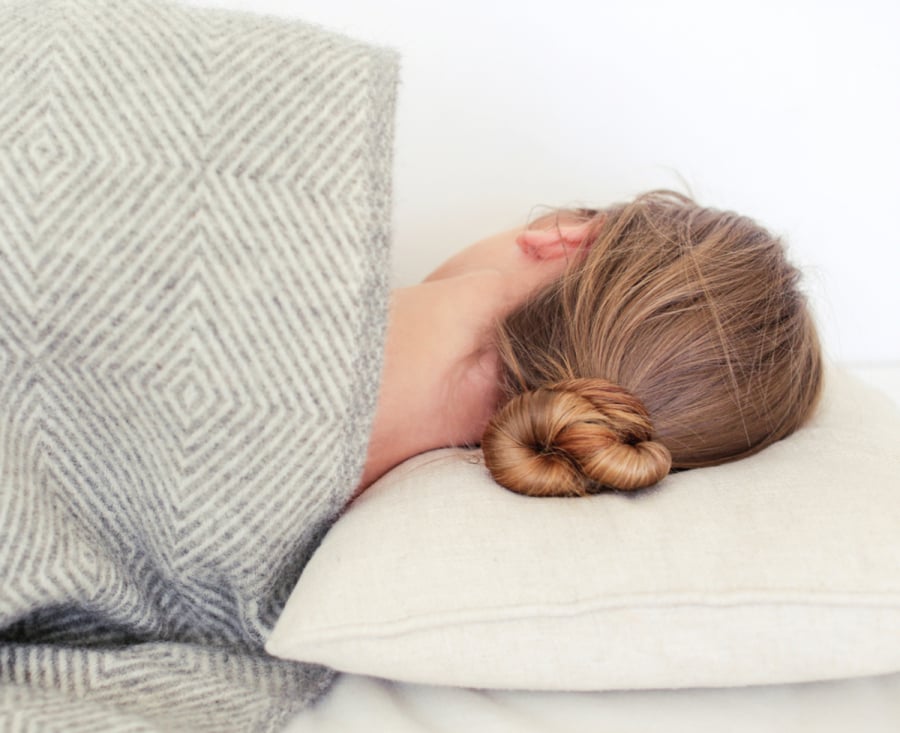
Avoid sleeping with your hair tied
If you go to bed with your hair still tied up, it can cause damage. Just like our bodies need roomy clothes to sleep comfortably, our hair needs to be free. So remove any hairpins or ties before bed. Let your hair hang naturally or lay straight with your body, or gently stroke them upwards on your head in a relaxed state.
Habit of twisting and tugging hair while sleeping
The habit of twisting and tugging your hair while sleeping can damage it. This can happen when you don’t sleep well and regularly toss and turn, twist and tug, and throw and tilt your head around the bed, which is not good for your hair. So try to develop a good sleeping habit and get a good night’s rest. Twisting and tugging your hair can make it tangle and knot, so when you brush it out, it will become tangled and lose its outer protective layer.
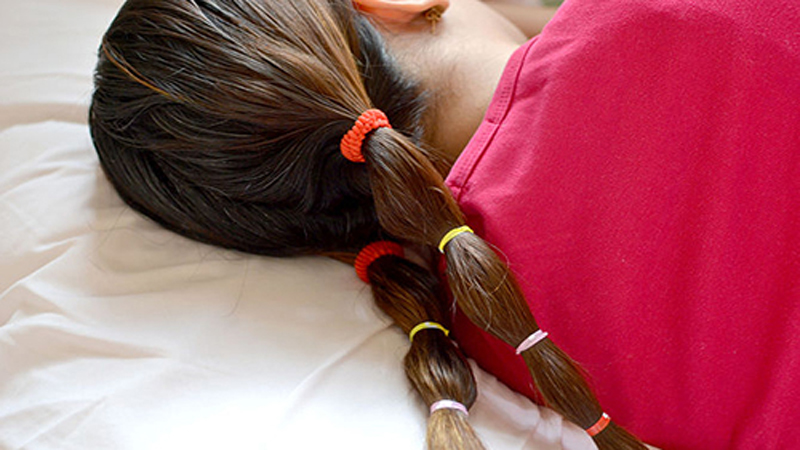
Avoid excessive heat
If the air conditioning temperature is set too low, the air in the room becomes dry. When it’s cold, you will cover yourself with a blanket, but the hair at the top can still remain exposed to the cold air from the air conditioning. This can make your hair dry and prone to breakage. So adjust the air conditioning temperature to avoid it being too low. Also, check the room’s humidity level. If it’s too dry, use a humidifier to add moisture to the air. Before going to bed, drink a glass of water to keep your skin and hair hydrated.
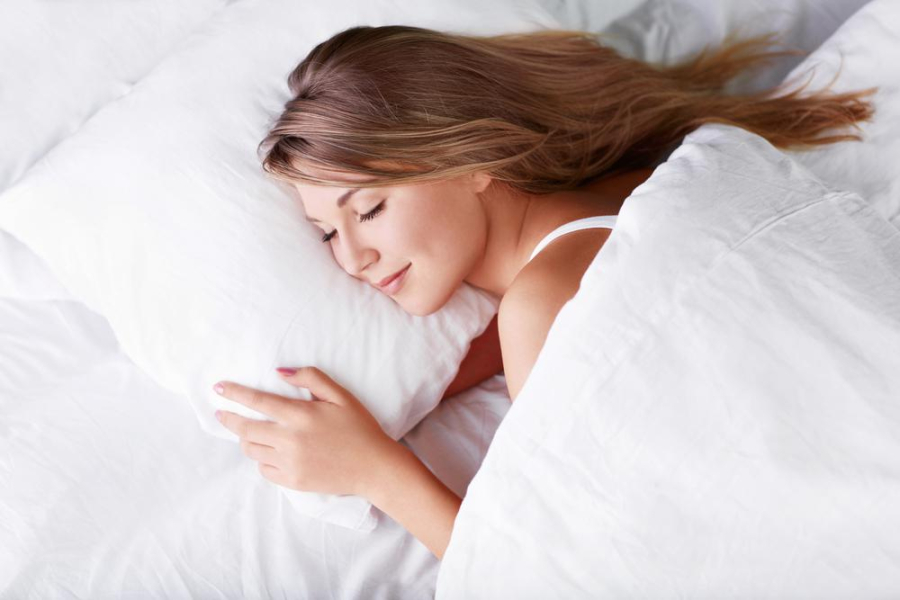
Avoid sleeping with wet hair
Wet hair is more vulnerable and prone to breakage when exposed to force. So if you sleep with wet hair, it can lead to more hair loss. Therefore, make sure your hair is dry before going to bed. However, be cautious not to blow-dry your hair at a very high heat. Choose a slow-drying setting to protect your hair’s natural oils.
A healthy and smooth hair is one that doesn’t break or fall easily and has a natural shine. If your hair is still breaking and falling despite not having any underlying health conditions, check your personal habits and make necessary adjustments.
Yes, hair is a reflection of a person. Weak, brittle, or falling hair can make you look older than your age. It is important to take care of your hair to maintain a youthful and healthy appearance.
There are several factors that contribute to hair breakage and loss. These include:
– Dry shampoo usage
– Lack of proper nutrition
– Certain illnesses
– Anemia
– Exposure to excessive heat
– Sleeping with wet hair
– Certain habits like twisting and tugging hair while sleeping
It is important to address these issues to maintain healthy hair and prevent further damage.
Sleeping with your hair tied up can cause damage. Just like our bodies need comfortable clothing to sleep in, our hair needs freedom to breathe. Removing hairpins or ties before bed allows your hair to hang naturally and reduces the risk of breakage.
Twisting and tugging your hair while sleeping can cause tangles and knots, making it prone to breakage when brushed. Additionally, this habit can disturb your sleep quality, leading to restlessness and further damaging your hair.
Excessive heat from air conditioning or other sources can dry out your hair, making it brittle and prone to breakage. Adjust the temperature to avoid extremely low settings, and maintain a balanced humidity level in your room.
Sleeping with wet hair is not recommended as it is more vulnerable to breakage. Ensure your hair is dry before going to bed, but avoid using very high heat to blow-dry it. Opt for slow-drying settings to preserve your hair’s natural oils.
Healthy hair is strong, smooth, and has a natural shine. It is resistant to breakage and falling and is generally easy to manage. If your hair is breaking or falling despite a clean bill of health, examine your daily habits and make necessary adjustments.


























